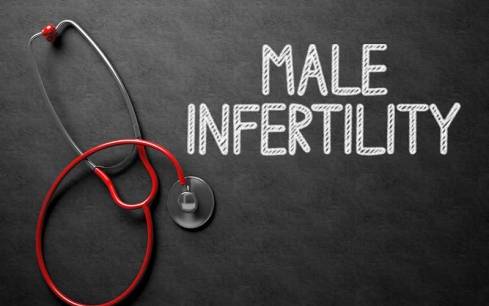×
The Standard e-Paper
Join Thousands Daily

Doctors and researchers are worried over increasing number of Kenyan men unable to father children. New data released last month shows a dramatic rise in cases of men who shoot blanks.